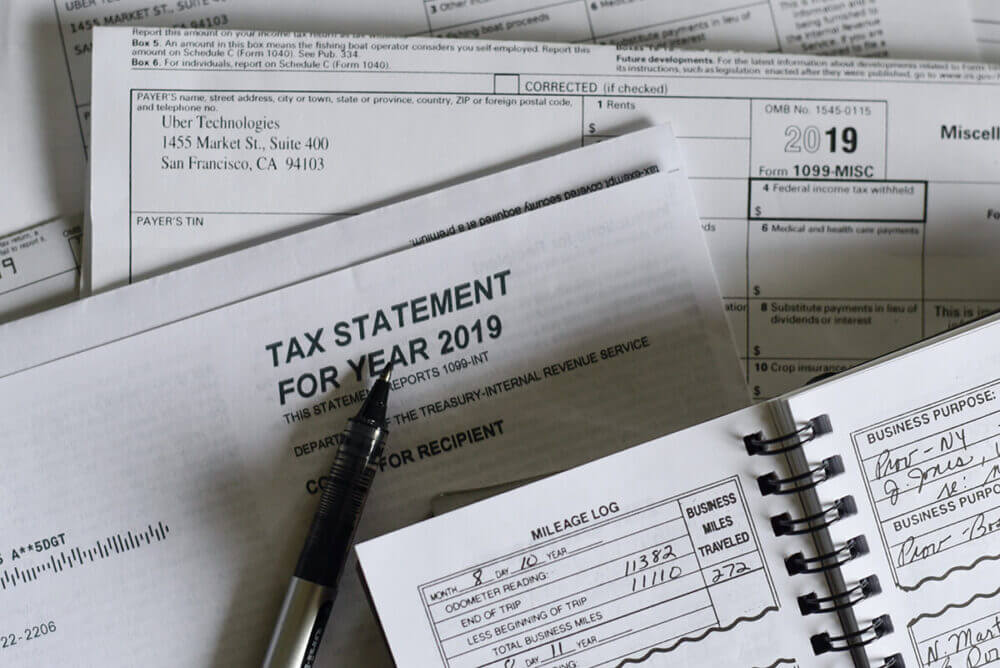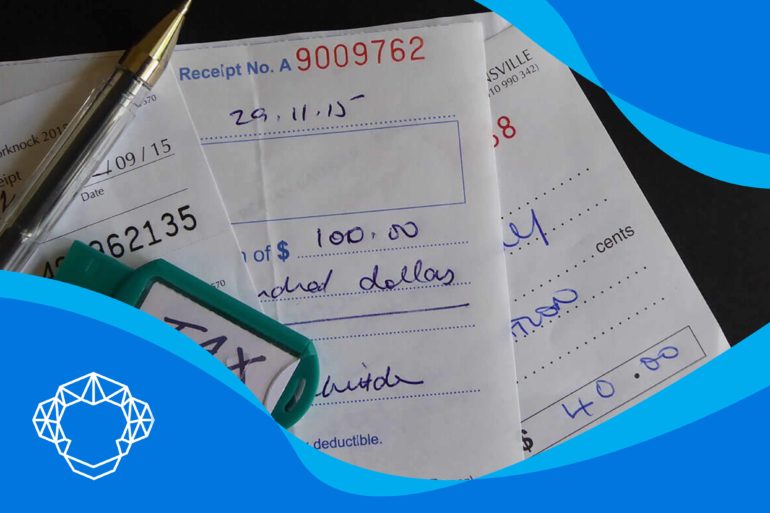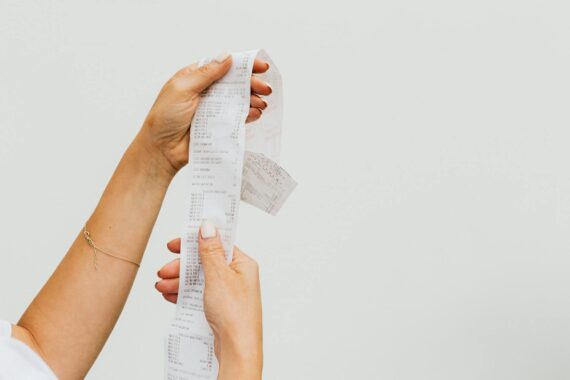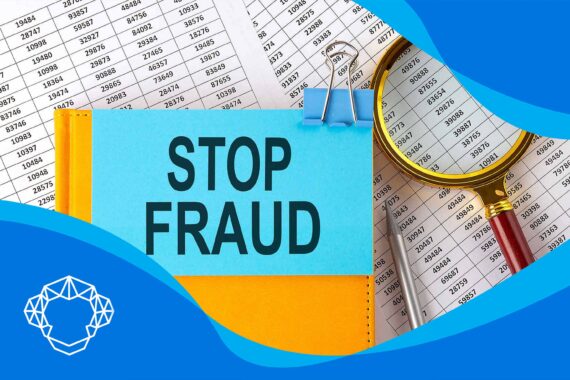Things were once simple for the merchants and sellers. Then the Internet disrupted the market beyond recognition, and it will continue to shape the world of commerce in the foreseeable future. All of a sudden, understanding of online sales tax rules became a must for all sellers who wished to make gains in that arena. We collected the essential information for you.
What Is Sales Tax and How It’s Calculated
Sales tax is, basically, a small percentage that sellers collect and later pass on to the government whenever they sell their products. Some even refer to it as a consumption fee. Every state sets these taxes by law, and they don’t exist on a federal level. However, counties, cities, and special districts can take their cut as well. So, when you add them all up, you get a combined amount that should be charged.
When You Have to Collect It Online
You are required to charge these taxes when you sell your products on the Internet in case you have a so-called nexus, or presence, in a particular state. However, a Supreme Court ruling (South Dakota vs. Wayfair, Inc.) brought changes in the definition. We’ll deal with those in a moment. The other condition for collection is that a specific product is taxable in the first place.
What Is Nexus
The traditional definition of the business nexus is the physical presence of the company in one state or the “significant connection” with it. That usually means having an office or a warehouse in the said state.
How Can You Have a Nexus in Another State
Each state defines by laws what is the required level of presence if a business is to be considered to have a nexus there. It used to be an employee located there, or even a representative. The use of a trademark may constitute a presence in Minnesota. Florida deems taxable all products whose sale was agreed on its soil. And so on. Be sure to check local laws and collect all relevant information before each delivery.
Online Sales Tax Rules For Interstate Selling
Whether you’ll be charging sales tax to the out-of-state customer depends on the way of said sale. If your “office” is your house in, say, Minnesota, you won’t charge the tariff to the buyer based in Arkansas.
On the other hand, if you use companies like Amazon as distributors, the charge will almost certainly apply.

What Did South Dakota v Wayfair Supreme Court Ruling Mean for Online Sales Tax Rules
Until 2018, states were not allowed to collect taxes from out-of-state sellers for products ordered by Internet or email, unless that retailer had business nexus there. That was brought to being by the Supreme Court’s ruling against North Dakota in a similar case from 1992.
In 2018, South Dakota was successful in its claims against Wayfair, Inc. and two more companies, and the justices overturned the earlier decision based on physical presence. That ruling allowed states to charge dues regardless of the seller’s or marketplace’s location and the physical connection with the place where he was selling. The new definition of a nexus between the seller and a specific state now also includes a specific level of economic activity within that state, such as transaction volume, sales revenue, or both.

Free States
Five US states don’t charge sales tax. Those are New Hampshire, Delaware, Montana, Oregon, and Alaska. However, Alaska and Montana allow cities to impose local taxes.
Among the rest, 13 states, including the State of New York, keep this tax below the 5% threshold.
There Are Also Exemptions
Even though they are allowed to collect their dues, some states choose to exempt specific things from taxation or lower the rates. Most of them do so for food, for example.
Here, too, the local authorities aren’t obliged to follow the state’s legislature, and counties and cities in Louisiana, Georgia, and Tennessee use this opportunity to levy.
Next, Illinois is the only US federal unit that hasn’t exempted prescription medication from taxation, and instead charges 1%. Non-prescription drugs are also exempted in several states. Most of the US exempt clothing, too.
How to Lower the Taxes
A small business that wants to operate mainly on the Internet need not try too hard to improve its taxation position. Thanks to the structure of the taxation system, it makes a great deal of difference whether the company is based in the city, or just outside of its jurisdiction, especially if the country has a lower rate than the city. It is also possible for a town to stretch in two counties. It is no brainer that offices, in that case, should be based in the county with lower rates.

With All the Information, See How Your Business Stands
It’s no surprise that taxation issues are as crucial for small companies as eCommerce payment options, chosen merchant processing company, and all other credit card processing services. However, while all those are a matter of money, paying dues is the matter of law. And nobody wants to end up on the wrong side of the law. So, if you own a small business or are self-employed, use some of the tools for calculating taxes. One of the best in the game is TurboTax.
But no tool can be a substitute for doing homework. Remember the key points: contact authorities if you need exact information on their nexus definition, or check up their laws and regulations. Only when you have all the data collected, you can put it to best use for you and your business.







